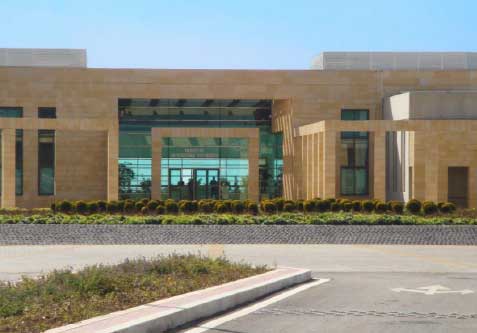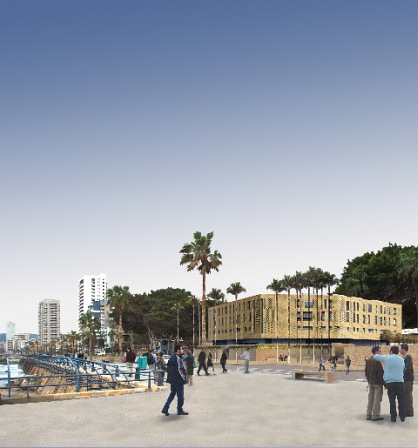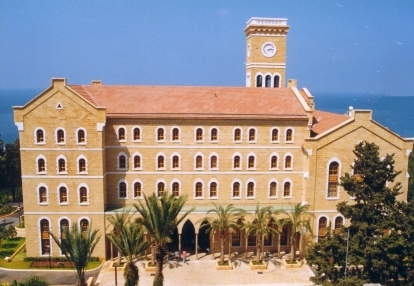Lebanon Education: Analysis of Lebanese Education Sector
“Lebanon has been committed to quality education for a very long time and the education system goes back to 1866, when AUB was established and other institutions have flowed since. The commitment to education is old and time-tested…producing several generations of leaders,” says George K. Najjar, Dean of the Olayan School of Business at the American University of Beirut.
Educational hub
 To anyone thinking about doing business in Lebanon, Nehale Mostapha, Dean of the Faculty of Commerce & Business at Beirut Arab University, says
To anyone thinking about doing business in Lebanon, Nehale Mostapha, Dean of the Faculty of Commerce & Business at Beirut Arab University, says
“I would tell them that they are coming to a country where most of the people are highly educated. I don’t think any other country can compete with our education rate and our intellectual capital… [Lebanese] find good markets in all the Gulf markets due to the quality of our people. This is due to our old universities and the fact that most of the young people go to university.”
Lebanon has a long history of emphasizing education. A large system of private schools grew up long before education was made compulsory in the 1960s.
Today, more than half of elementary and secondary students
still receive their education in privately financed schools.

Nevertheless, public funding for education constitutes a high priority, with almost 10% of the government’s devoted to education. Lebanon has an overall adult literacy rate of 89.6% (2009).
“Lebanon has been committed to quality education for a very long time and the education system goes back to 1866, when AUB was established and other institutions have flowed since. The commitment to education is old and time-tested…producing several generations of leaders,”
says George K. Najjar, Dean of the Olayan School of Business at the American University of Beirut (AUB) adding,
“AUB is the most well-known university in Lebanon [and] is recognized internationally as the leading higher education institution between Europe and South Asia….We are a university of distinguished reputation and a great legacy for impacting the region by creating leaders in all sectors.”
Stephane Attali, General Director of the Ecole Superieure des Affaires (ESA), sees Lebanon as
“an educational hub for the entire region… Lebanon has been an educational hub for many years. The universities were created many years ago…and they have this tradition of education for the countries of the whole region.”

ESA was created in 1996 by the French and Lebanese governments to create a new model of education in the field of management and business, and asked the Chamber of Commerce of Paris to develop this new management school. What makes us unique,
says Mr. Attali,
“is the international expertise that we’re bringing here… Our professors are from Europe and sometimes Canada and Asia… We have several degree programs, and most of our students are professionals who are working… We have approximately 450 students, among them CEOs, Chairmen, and executives. It’s a very exclusive group of people and selection is very high. A major innovation is for next year is that our executive MBA program will be in English, and it will allow people coming from the Gulf to attend our courses here in Lebanon and to have a very close link with Europe.”